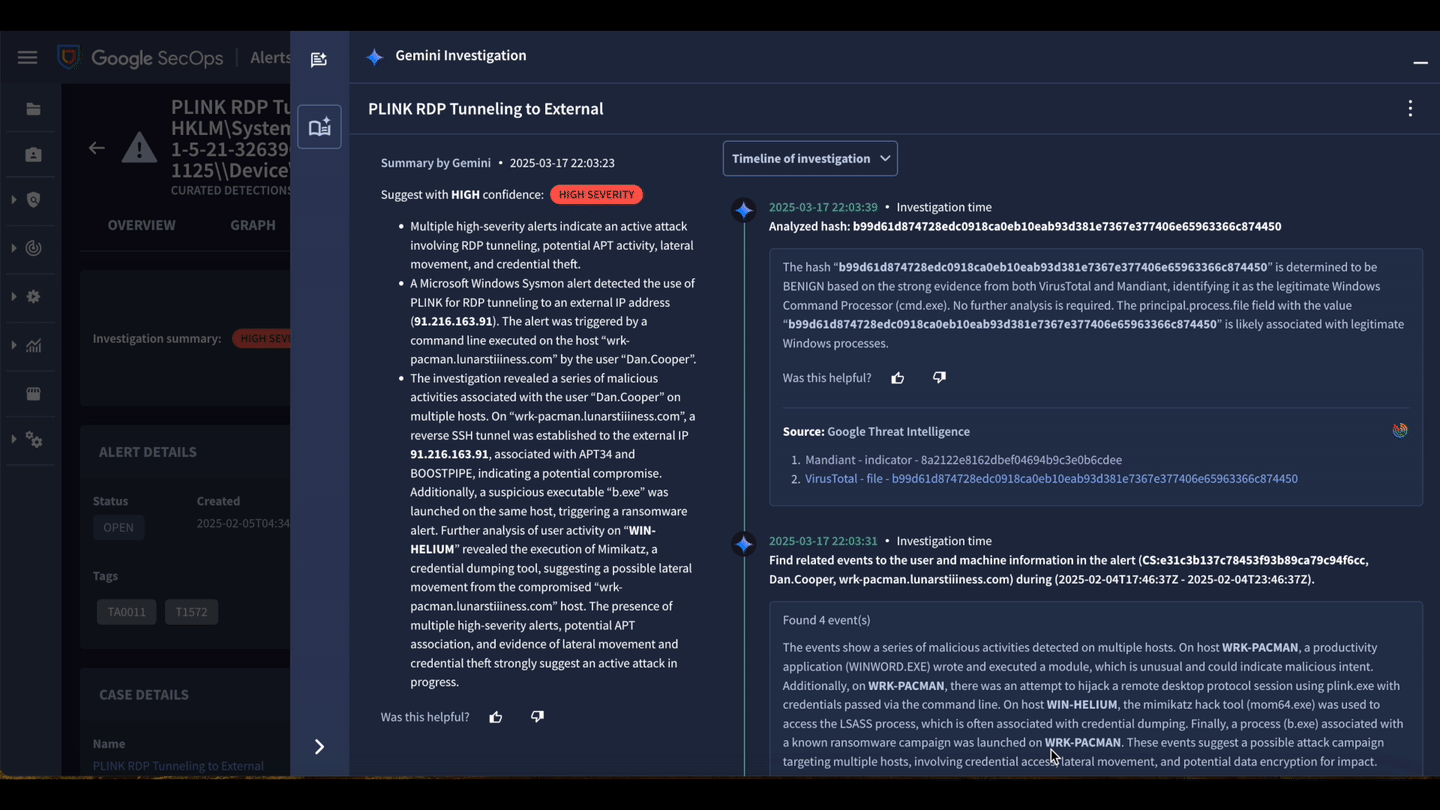Google Cloud launches new features to secure AI agents, while also integrating AI as an additional tool for security experts.
During the Security Summit 2025, Google Cloud announces new security features to better protect AI applications and cloud infrastructure. The updates focus on both securing AI systems and strengthening security teams with AI-supported tools.
Security of AI
As organizations deploy more AI agents, according to Google, the need to secure these systems against misuse also increases. Google Cloud is therefore introducing three new features within its Security Command Center, specifically aimed at better protection of AI systems:
- Automatic inventory and risk assessment: A new inventory feature automatically discovers AI agents and associated infrastructure, and flags vulnerabilities and misconfigurations.
- Real-time protection and security policies: In-line protection via Model Armor prevents prompt injection and sensitive data leaks, among other things. Additionally, Google adds specific policy controls to align AI agents with internal security standards.
- Proactive detection of AI threats: New detection mechanisms help identify abnormal behavior within agent environments, thanks in part to input from Mandiant and Google's own threat intelligence.
AI for Security
Google already mused in April about an AI-driven Security Operations Center (SOC). In addition to protecting AI, Google is therefore also presenting tools to strengthen security teams themselves through AI:
- Alert Investigation Agent: This agent is part of the AI-SOC vision and can independently investigate incidents and make recommendations. The agent is designed to reduce the workload of analysts. The agent is available in preview.
- AI security advice via Mandiant: Organizations can use Mandiant for advice on AI risk management, threat modeling, and pre-deployment governance.

Within the broader Google Unified Security platform, Google is implementing multiple updates:
- In Security Operations, users gain access to experiments with Gemini AI and new dashboards for integrating SOAR data.
- In Chrome Enterprise, browser security is extended to mobile devices, including URL filtering on iOS to block unwanted AI tools.
With these announcements, Google demonstrates on one hand how it wants to play a role in securing AI. On the other hand, the manufacturer sees the rise of generative AI as an opportunity to build a more active presence in the broader security ecosystem.
